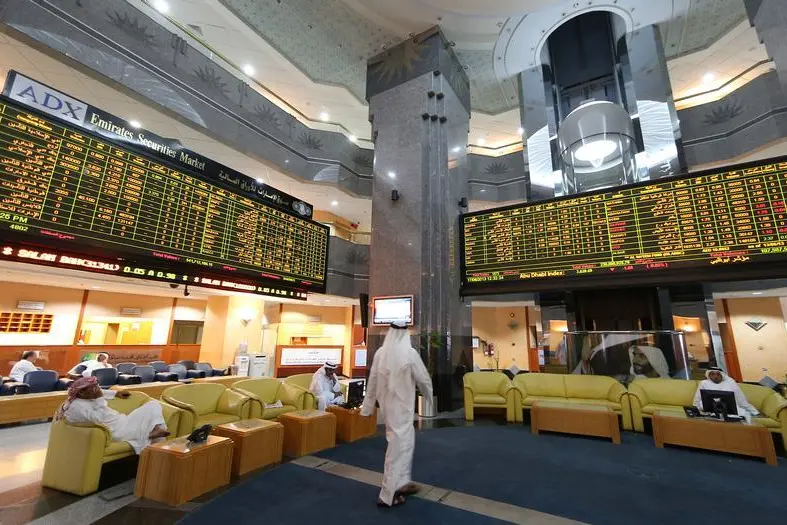PHOTO
Global markets fell on Friday after United States President Donald Trump proposed tariffs on more Chinese products, aggravating trade tensions. Trump said late on Thursday that he had instructed U.S. trade officials to consider $100 billion in additional tariffs on China.
Shares on Wall Street ended the day lower on Friday. The Dow Jones Industrial Average fell 572.46 points, or 2.34 percent, to 23,932.76, the S&P 500 lost 58.37 points, or 2.19 percent, to 2,604.47 and the Nasdaq Composite dropped 161.44 points, or 2.28 percent, to 6,915.11.
“It’s a reaction to concerns about the administration’s approach to trade. The market has vacillated between writing it off as just talk and assuming there could be a serious problem,” Rick Meckler, president of investment firm LibertyView Capital Management in Jersey City, New Jersey told Reuters.
“If the market is down it often tends to accelerate on Friday. Investors don’t want to take the risk of coming in Monday after having something happen over the weekend,” Meckler said.
MSCI’s broadest index of Asia-Pacific shares outside Japan was down 0.15 percent.
In the Middle East, Abu Dhabi’s stock market outperformed its peers in the region on Thursday.
Abu Dhabi’s index rose 1.7 percent as Abu Dhabi National Energy Co (TAQA) (TAQA) jumped 5.9 percent and First Abu Dhabi Bank surged 3.8 percent.
TAQA’s earnings have started to improve and last month, the Abu Dhabi government folded TAQA's parent, utility Abu Dhabi Water & Electricity Authority, into its newly established department of energy, a move which could benefit the company.
Neighbouring Dubai’s index dropped 0.3 percent. Emirates NBD was the main drag on the index, tumbling 3.3 percent as it went ex-dividend. Emaar Properties slipped 0.5 percent.
The Saudi index closed 1.0 percent higher, with blue chips Al Rajhi Bank and Saudi Basic Industries rising 2.3 and 2.1 percent respectively.
Qatar’s index closed 1.0 percent higher as Commercial Bank finished 3.9 percent up and Qatar National Bank rose 2.6 percent.
Egypt’s index fell 0.6 percent, Bahrain’s index was flat at 1,283 points, while Oman’s index edged up 0.1 percent and Kuwait’s index fell 0.1 percent.
In commodities, oil prices slipped on Friday tracking a drop in global stocks on trade war fears.
Brent crude futures fell $1.22 to settle at $67.11 a barrel, while U.S. West Texas Intermediate (WTI) crude futures settled down $1.48 at $62.06.
In currencies, the dollar on Friday was little changed at 107.385 yen after earlier falling to 106.990 on Trump’s latest tariff proposal.
The dollar had risen to a one-month peak of 107.490 yen overnight, bolstered by Wall Street’s bounce on Thursday when the United States appeared to signal a willingness to resolve the trade dispute.
The dollar index against a basket of six major currencies was nearly unchanged at 90.453. The index has risen 0.4 percent for the week.
Gold, seen as a safe haven, rose as global markets fell on Friday. Spot gold was up 0.5 percent at $1,332.11 an ounce by 2:01 p.m. EDT (1801 GMT).
For access to market moving insight, subscribe to the Trading Middle East newsletter by clicking here
Our Standards: The Thomson Reuters Trust Principles
Disclaimer: This article is provided for informational purposes only. The content does not provide tax, legal or investment advice or opinion regarding the suitability, value or profitability of any particular security, portfolio or investment strategy. Read our full disclaimer policy here.
© ZAWYA 2018




















